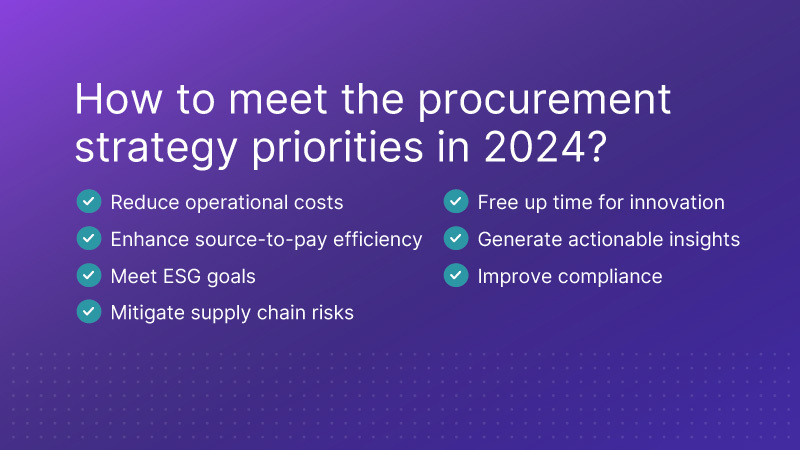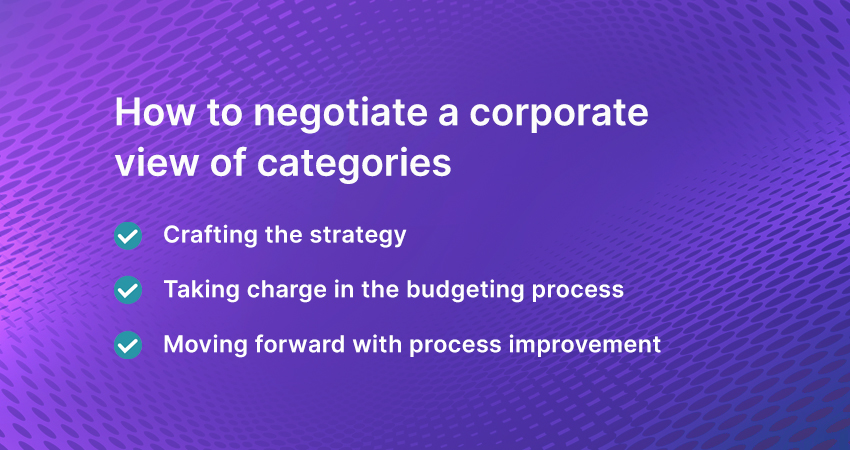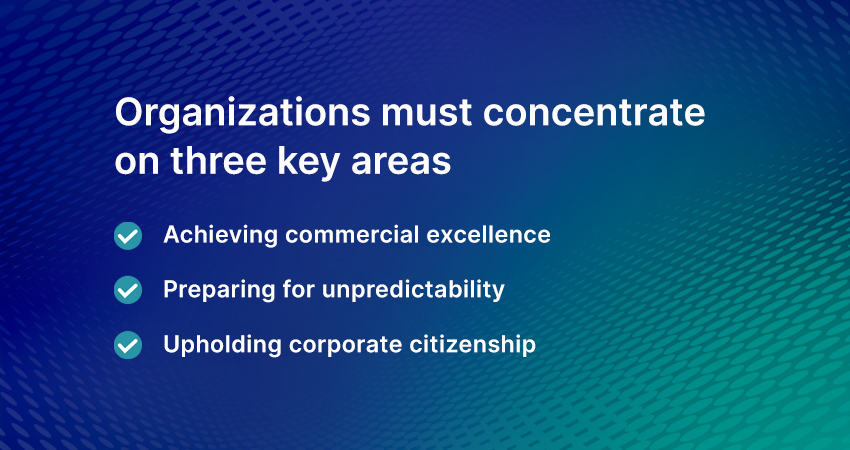
Toxicology market is getting hotter: now is the time to sign long-term partnerships with suppliers

Two types of testing are conducted: in-vivo and in-vitro, depending on whether live animals are used in the testing or not. The assessment of toxicity precedes the clinical stage and it helps identifying the adverse effects of new chemical use.
Toxicology market was affected by patent cliff post 2008, which reduced the money flow towards this service. However, things have turned around and demand for toxicology services is only getting better in recent times.
Sighting the improving trend, major service providers like CRL and Huntingdon have increased their capacities and capabilities.
However, supplier capacities are slowly getting maxed out. For example, top service provider Charles River Laboratories reported a 85% capacity utilisation in 2014, while the overall industry capacity utilisation is up to about 70%.
Capacity utilisation in the U.S. and Europe is about 50-60%, while in Asia it is around 70-75%. These figures are expected to increase in the coming days.
Supply market is consolidated with top 20 suppliers holding a market share of about 70% and the rest 30% is shared by over 100 suppliers. While the top 20 service providers are demarcated by their large capacities and geographic presence, others differentiate themselves through niche technology, complex therapeutic area focus and specific regional presence.
Due to rising demand and less spare capacity, there is a possibility that the price of these services may continue to be on the upswing for the next 3 years or so. And now is the time for category managers to think of strategic partnerships and innovative pricing models.
Shift to strategic Partnerships
Buyer supplier relationships are changing with the changing market conditions.
The move towards strategic partnerships is on rise as buyers across globe are trying to secure their supply base. Contracts signed in early 2012 are coming up for renewal. This would create an opportunity for leading service providers such as Charles River, Covance, MPI, Huntingdon LifeScience, WIL Research, etc. to vie for large contracts.
However, capacity availability would be crucial in addition to quality of service and flexibility in engagement and pricing. Hence, 2015 would witness new strategic partnerships, considering the projected growth in pipelines of large biopharmaceuticals and pharmaceuticals.
Based on these developments, contract negotiations are likely to get crucial for category managers across the globe.
Change in Pricing Models and Engagement Structure
Pricing: Pricing reflects heavily on supply- demand scenario in addition to costs incurred.
Of the various models available, FTE (full time equivalent) based pricing is preferred by large Pharma as it helps freezing the resource availability with service providers.
Large pharma may also adopt FFS (fee for service) model, when the visibility on current requirement is high whereas projection on the future projects is low.
Project-based pricing models are proffered to biotechnology companies, as these help in better cost savings.
Engagement: At present, preferred vendor model is favoured by the large pharma, where demand projections are not steady. This model provides a choice to source from multiple partners (availing volume-based discounts) without any minimal volume commitment. Key drivers are availability of animal species and supplier capacity.
However, with growing pipelines, strategic partnerships offer better value. The pharma buyer can leverage extensive knowledge base of service provider, priority in scheduling and greater volume discounts/rebates.
Hence, category managers could opt for long term partnership and collaborative engagements not only to optimize costs, but also to ensure that there is no service disruption.
Category managers who procure toxicology services in a preferred partner model can look towards rationalizing the supply base and then entering a fixed fee based contract for 3-5 years.
On the other hand, category managers who are already in a strategic partnership with their suppliers can look to renegotiate existing contracts to lock in the right price.
Related Insights:
View All
Get more stories like this
Subscirbe for more news,updates and insights from Beroe






